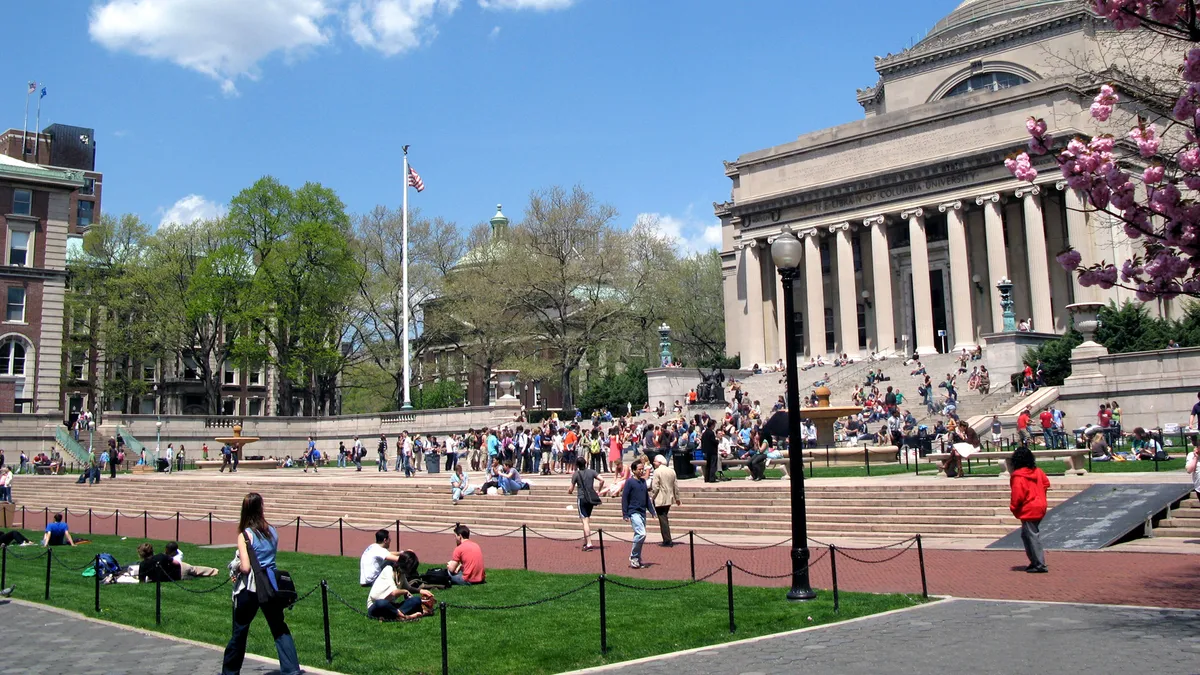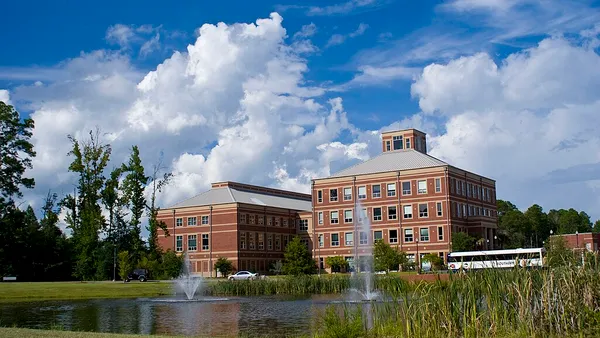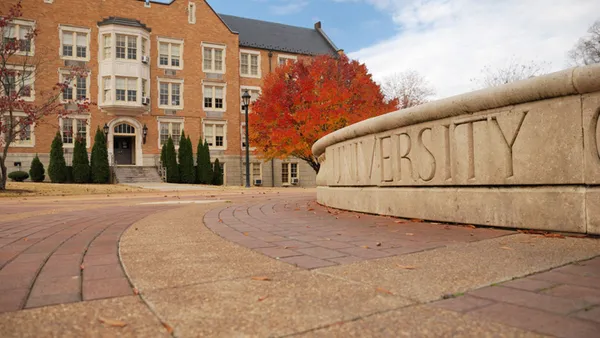Dive Brief:
-
More than 1,000 students at Columbia University, in New York, aren't paying tuition as they demand the school reduce the cost of attendance and increase financial aid, NBC News reported.
-
The students are calling on the administration to make other big changes as well, including to end expansion in its neighborhood, divest from companies with human rights violations, halve the campus police's budget and redirect funds to social and health services, and bargain "in good faith" with unions.
-
The pandemic has placed tuition prices under the microscope, with many elite schools slashing or freezing their rates in response to the financial challenges students and their families are facing.
Dive Insight:
The student strikers are calling on Columbia to reduce the cost of attendance, including tuition rates, by at least 10%, while increasing financial aid by an equal share. The students organizing the strike are members of the university's chapter of the Young Democratic Socialists of America and include undergraduates and graduates.
"This reduction and increased aid should not come at the expense of instructor or worker pay, but rather at the expense of bloated administrative salaries, expansion projects, and other expenses that don't benefit students and workers," they wrote in a letter to the administration.
The university, which enrolls about 31,000 students, was among several elite colleges that froze undergraduate tuition for the 2020-21 academic year, though some reduced their sticker prices. Williams College, in Massachusetts, slashed tuition by 15%, while Princeton University, in New Jersey, cut prices by 10%. Others lowered costs for students studying remotely.
The protesters also demanded that the administration forgive all late fees and "other forms of retaliation for unpaid bills" until the pandemic subsides.
Columbia suspended late fees from March 2020 through January 2021, according to its website. It is also suspending its monthly fee of 1.5% of balances due on unpaid charges.
The site notes that "as communicated previously," beginning on Jan. 22, the day the strike started, it imposed $150 fees for any unpaid charges remaining for bills dated before and on Dec. 18. Strike leaders asserted on Twitter that the university is reneging on an earlier commitment to waive late fees until March.
"This is a moment when an active reappraisal of the status quo is understandable, and we expect nothing less from our students," a Columbia spokesperson said in a statement emailed to Higher Ed Dive. "Their voices are heard by Columbia's leadership, and their views on strengthening the University are welcomed."
The strike follows similar action at the University of Chicago last spring. About 200 students participated in a tuition strike, according to the Chicago Sun-Times, and demanded that the administration halve tuition rates and waive fees until the health crisis ended. In an open letter, they contended that the university has the "means and the responsibility to provide relief for us and for our families."
Scores of students also sued their colleges for tuition refunds after classes shifted online last year.
Lawyers filed a federal lawsuit this month against Rice University, in Texas, that argues the school's move online constitutes a breach of contract and seeks $5 million in damages. A similar case against Rensselaer Polytechnic Institute, in New York, was allowed to move forward last month, though some legal experts are skeptical students can win these cases.















